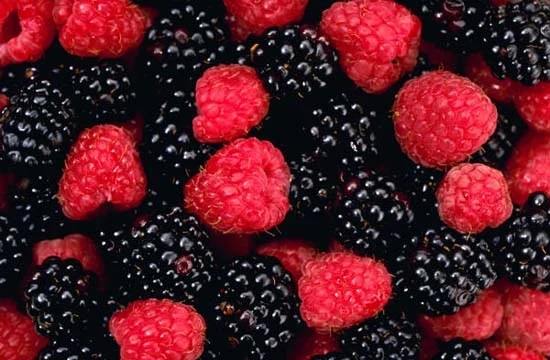Eating lots of berries like strawberries, apples, grapes, … can help reduce the risk of Parkinson’s disease, according to a new study published by scientists at the Harvard School of Public Health (USA).
Scientists have found that people who regularly consume berries such as strawberries, grapes, apples, oranges, … are less likely to develop Parkinson’s disease. The reason is that these foods are rich in fla-vonoid compounds, vitamin P, and other micronutrients that are beneficial to health.
The Daily Mail reported that scientists at the Harvard School of Public Health conducted the study among 49,281 men and 80,336 women. The team analyzed the relationship between flavonoid intake and Parkinson’s disease risk, based on foods rich in flavonoids, such as tea, berries, apples, wine, and citrus fruits. The volunteers are followed for 20 to 22 years.
As a result, scientists found that there were 805 people with Parkinson’s disease. Specifically, 20% of men who ate a lot of foods rich in flavonoids were 40% less likely to develop Parkinson’s disease compared to 20% who did not regularly consume foods rich in flavonoids.
Meanwhile, in women, there was no relationship between overall consumption of flavonoids and the development of Parkinson’s disease. However, when analyzing the flavonoids present in the berries, the team found that they were associated with a reduced risk of Parkinson’s disease in both men and women.
“This is the first human study to examine the association between flavonoids and the risk of Parkinson’s disease,” said Dr Xiang Gao, who led the study. Our research results show that flavonoid compounds are effective in reducing the risk of Parkinson’s disease ”.


